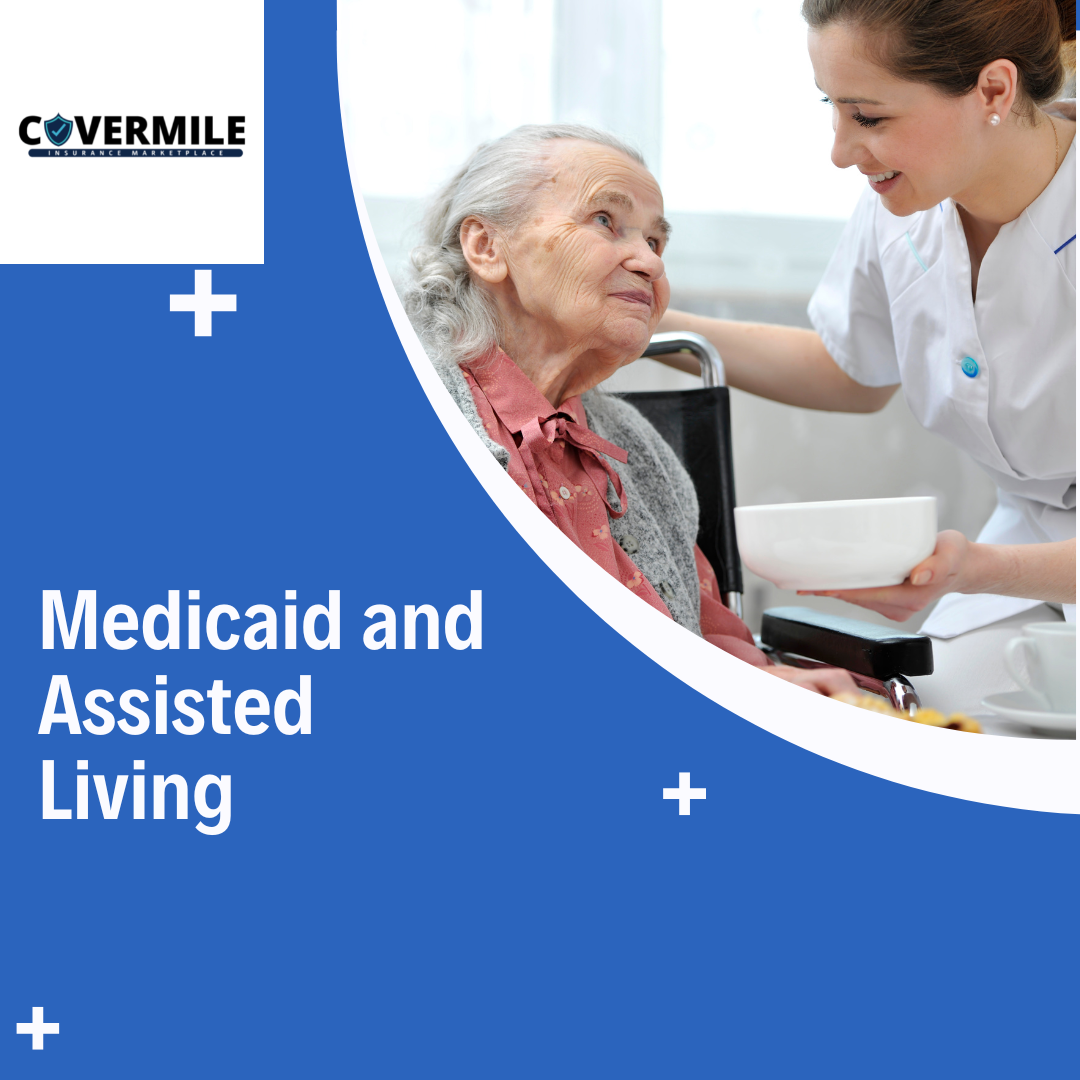Two important questions we face as we age are who will care for us, and how will we pay for it? The older we become, the more our health plays a role in our decision-making process. Understanding how your current insurance works and if Texas Medicaid pays for needs such as assisted living will give us a better idea of how we need to plan for our future. And certain illnesses don’t necessarily wait until we are older, disability can affect us at any age, and advanced care may need to be a discussion you need to have with family members now, rather than later. This begs the question; can Medicaid help pay assisted living expenses when we are outside the normal coverage age?
What is Medicaid?
First, let’s understand Medicaid alone. Texas Medicaid is a program that assists low-income families in obtaining health insurance and remaining compliant with ACA guidelines. Applicants qualify when they fall within criteria such as household income, family size, or medical disability.
Normally Medicaid has a cap of 20 years of age for Texas families. However, Medicaid has other benefits than providing a low-income family’s immediate medical needs. One benefit is offering medical care when reaching the age of 65 when advanced care becomes a concern. Texas Medicaid pays for both nursing homes as well as assisting living care. Both of these falls under the banner of long-term care.
What is Long Term Care in Texas?
There are a couple of terms we hear when we read about Long Term Care. Nursing home and assisted living. Both typically involve a facility that caters to the individual and management of their care.
Long-term care, in and of itself, is not medical in nature; it’s more activities of daily living. Yet, each facility type varies in how they deliver their long-term care services. Let’s see how they differ.
Nursing Home – These long-term facilities provide services and support for health and personal care for patients over an extended period of time. The patient usually would need assistance in completing tasks they would not be able to complete on their own. These services include bathing, dressing, going to the bathroom, transferring from a bed to a chair, and eating.
Assisted Living – With this type of care, most patients can complete tasks independent of a caregiver and often live within a community. They primarily need oversight with care and someone to check in on them routinely. They may need assistance with housework, taking medication, and meal preparation. They are often known as retirement homes and long-term care facilities.
There is also an option for stay-at-home care which provides much of the same support needed but within the comfort of the patients home. Often, a properly licensed family member can serve as the care provider.
What Does Medicaid Cover for Assisted Living in TX?
Texas Medicaid will cover the cost of services provided in an assisted living community through the state’s STAR PLUS program.
STAR PLUS allows the disabled and older adults over 65 who would typically require a nursing facility, the ability to remain at home, at an adult foster care center, or an assisted living facility and be able to receive care at these locations.
Under the STAR PLUS program assisted living and nursing home care are combined, these medical care services in Texas are covered:
- Adult Day Care / Adult Day Health
- Adult Foster Care
- Assisted Living
- Delivered Meals
- Environmental Adaptive Aids
- Home Modifications
- Home Care
- Medical Care / Medical Supplies
- Nursing Service
- Personal Care (assistance with the activities of daily living) – can be self-directed.
- Physical Therapy / Occupational Therapy / Speech Therapy
- Personal Emergency Response Service
- Respite Care
- Transitional Services
STAR PLUS is broken down by location; managed care organizations provide services. These are specific to each county, so check with your provider to ensure the care you are seeking is covered. However, one benefit that goes beyond Texas Medicaid, participants are allowed their choice of doctor within this organization.
Now, there can be a complication when applying to assisted living in Texas. When your application is submitted, there may be a waiting list. This is especially true for those seeking at-home care. Applications from those already in facilities are taken priority.
Texas STAR PLUS option does have a list of requirements; there are income limits for those 65 and older, as well as limits on married couples, depending on if both seek coverage. Applicants also have asset limits; exemptions do apply.
When Will Medicaid Pay for Assisted Living in Texas?
We’ve learned the difference between a nursing home and assisted living, and what assisted living and Medicaid covers. Let’s talk about when your Medicaid benefits will cover your medical costs. This is where it can be a little confusing. But let’s clear away some of the clouds.
- When it comes to a nursing home, Medicaid will pay for nursing home care. – When a patient is dually eligible (has both Medicare and Medicaid), Medicaid will pick up where Medicare leaves off, bridging the coverage difference. Medicaid can also exceed Medicare benefits, such as nursing facility care beyond its 100-day limit. Prescription drugs, eyeglasses, and hearing aids are also added benefits.
- When it comes to assisted living, Medicaid will pay assisted living facilities with options – This option does come with a couple of conditions. One, your choice for assisted living in Texas must have a price tag that is lower than what a nursing home would cost. And two, a Medicaid waiver must be signed. This waiver is conditional and must show one of the needs below.
A patient must either,
- Be unable to manage daily activities without the assistance of a caregiver or family member, or,
- Require full-time medical supervision.
This option does come with benefits; the patient can select their provider. Friends and certain family members can serve as caregivers; however, no spouses.
When all is said and done, within the state of Texas, Medicaid will only pay for assisted living services when there is a need for assistance or as defined, “meeting the nursing home level of care.” This means that you can’t receive the service out of preference, the patience must prove a need exists.
Summary
While we see that Medicaid covers assisted living benefits in Texas, it is most often provisional to having a medical condition, showing the necessity for coverage, and falling within the financial need to receive benefits. You can conduct the search on your own, or you can talk with an expert, like those at Cover Mile, who can answer the questions you may have and guide you to the best insurance options for your situation. Contact them today.



